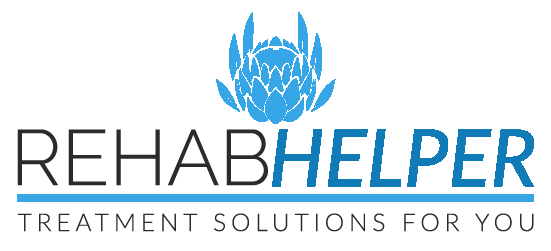Addiction is a complex and challenging issue that affects millions of people in the UK. For those seeking help, there are numerous treatment options available, both within the National Health Service (NHS) and private sector. The key to successful recovery is finding the right treatment programme that suits your individual needs and circumstances.
Types of Treatment
There are various types of addiction treatment, including:
- Inpatient treatment: This involves staying at a residential rehab facility for a set period, typically between 28 and 90 days. Inpatient treatment provides a structured and supportive environment, allowing you to focus on recovery without distractions or triggers from your everyday life.
- Outpatient treatment: This type of treatment allows you to continue living at home whilst attending regular therapy sessions and support groups. Outpatient treatment may be more suitable for individuals with less severe addictions or those who need to maintain work or family commitments.
- Detoxification: Detox is often the first step in the treatment process, helping you to safely manage withdrawal symptoms as your body adjusts to being substance-free. This process can take place in a dedicated detox facility, a residential rehab centre, or under medical supervision at home.
- Counselling and therapy: A range of counselling and therapy options are available to help you address the underlying psychological issues contributing to your addiction. These may include cognitive-behavioural therapy (CBT), dialectical behaviour therapy (DBT), or group therapy sessions.
- Medication-assisted treatment: Some individuals may benefit from medication to help manage withdrawal symptoms, reduce cravings, or address co-occurring mental health issues.
Choosing the Right Treatment Programme
Selecting the appropriate treatment programme is vital for your recovery. Consider factors such as:
- The severity and duration of your addiction
- The presence of any co-occurring mental health issues
- Your personal preferences and treatment goals
- The level of support available from family and friends
- Your financial situation and available resources
Accessing Treatment
To access addiction treatment within the NHS, start by consulting your GP. They can assess your situation, provide advice on available treatment options, and refer you to specialist services if necessary. You may also be able to access some community-based treatments directly by contacting the service provider.
For private treatment, research various rehab centres and their offerings to find one that suits your needs and preferences. Be sure to consider factors such as location, cost, and the treatment approaches used.
Ongoing Support
Recovery from addiction is an ongoing process, and maintaining sobriety often requires long-term support. Aftercare programmes, self-help groups, and peer support networks can play a vital role in preventing relapse and promoting lasting recovery.
If you or a loved one is struggling with addiction, don’t hesitate to seek help. Reach out to your GP, an addiction specialist, or a dedicated support organisation to discuss your treatment options and begin the journey towards a healthier, substance-free life.


